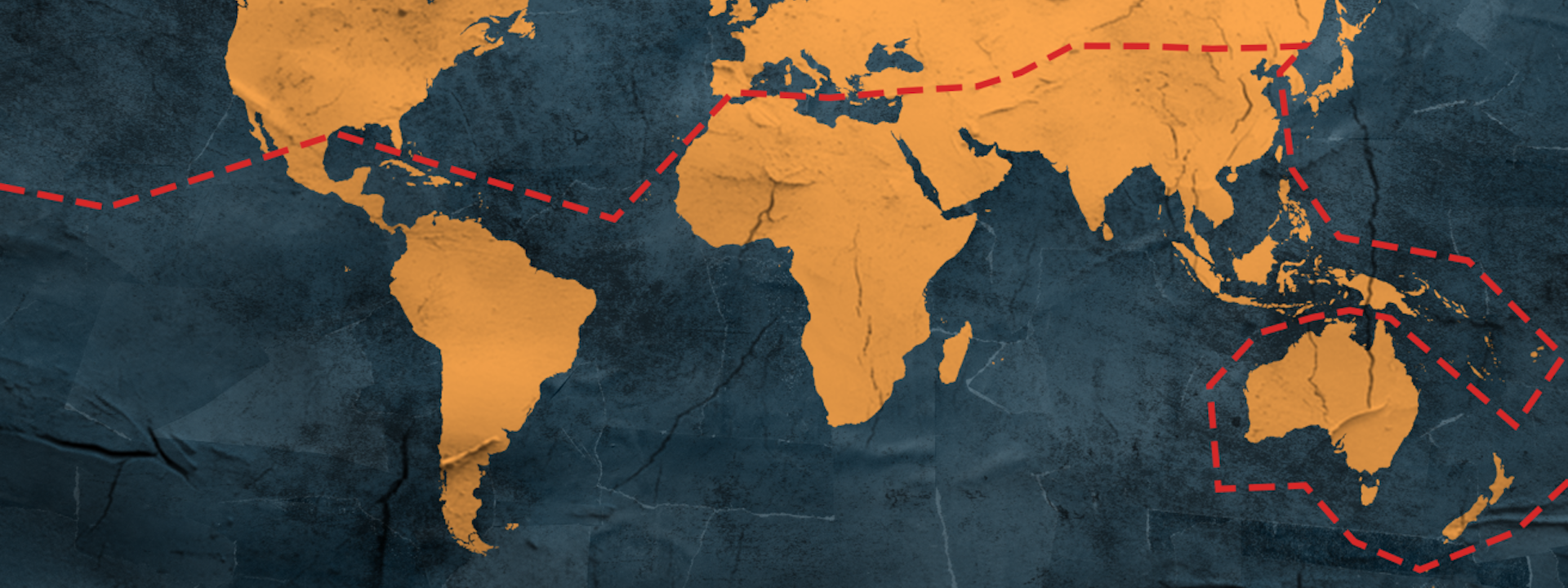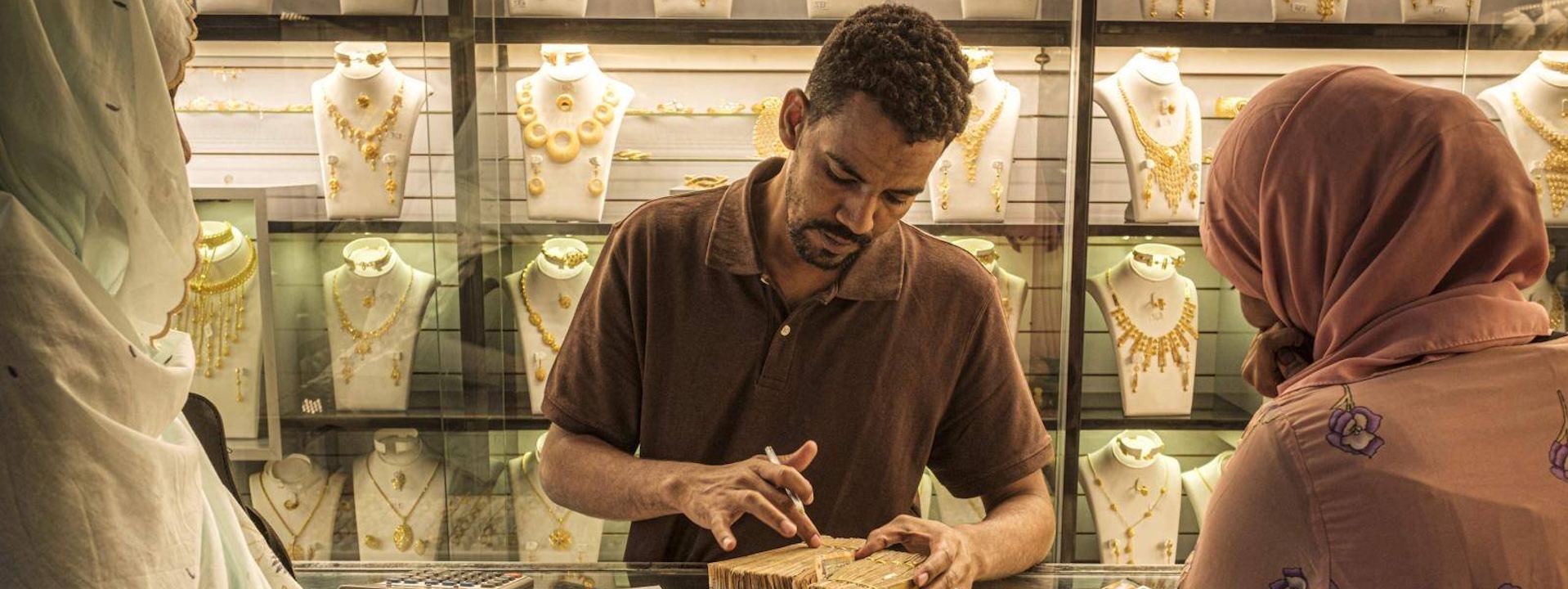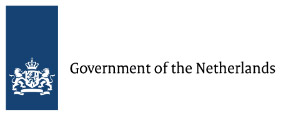Coalition land: South Africa after the elections

What are the opportunities and challenges for the country and its new Government of National Unity?
-
Date: 28 June 2024
-
Time: 10:00am – 11:00am (GMT+2)
-
Venue: Online via Teams
Overview
In historic elections the African National Congress lost its absolute majority after 30 years in power. What are the opportunities and challenges for the country and its new Government of National Unity? What are the implications for Germany and Europe?
In South Africa’s 7th democratic parliamentary and provincial elections at the end of May, the African National Congress (ANC) lost its absolute majority, after 30 years in power. It announced its intention to form a Government of National Unity (multi-party coalition), under its president Cyril Ramaphosa. After two weeks of intense negotiations, the ANC and the market-oriented Democratic Alliance, the second largest party and decade long rival, announced they had concluded an agreement: a comprehensive Statement of Intent to form a multi-party coalition. The radical Economic Freedom Fighters and the nationalistic, anti-democratic new MK Party of Jacob Zuma are not included. These developments are highly relevant for Germany and the EU, and they have significant geopolitical implications. With Africa's most industrialised economy, its natural resources, a resilient democracy and its diplomatic clout as a member of BRICS, South Africa is a leading player on the continent. The EU accounts for almost 50% of foreign direct investment. About 600 German companies operate in South Africa.
What are the opportunities and risk of the new multi-party coalition government? Can it address the ease of doing business and social crises soon? What will be its impact on the rule of law, and on South Africa’s foreign policy? Which opportunities do these new developments present for Germany and Europe?
The Federation of German Industries (BDI) and the Hanns Seidel Foundation (HSS) cordially invite you to discuss these questions with us.
PROGRAMME
10:00 Welcome Remarks: Wolfgang Niedermark, Member of the Executive Board, BDI
10:10 Speakers
Hanns Bühler, Regional Resident Representative Southern Africa, HSS, South Africa – Election outcomes and what they tell us
Dr Jakkie Cilliers, Chair of Board of Trustees, Head of African Futures & Innovation, Institute for Security Studies, Pretoria, South Africa – A look into the future: Scenarios for a country at a crossroads
Cas Coovadia, CEO , Business Unity South Africa – Analysing election outcomes and implications from a business perspective.
10:40 Discussion / Q & A
Image: GCIS/Flickr
More to explore

03 Apr 2025
Imagining Democratic Futures in Southern Africa and South Asia
International IDEA's Democracy Assessment Unit is hosting a discussion event on Thursday, 3 April 2025, aimed at exploring how strategic foresight can help shape democratic futures.

05 Jan 2026
Year-end 2025
AFI will reopen on Monday, 5 January 2026

01 Oct 2025
Under pressure: governance futures in the Global South
How will emerging global trends reshape the role, capacity and legitimacy of Global South governments?

16 Sep 2025
Rethinking Africa’s future investment portfolio
This seminar explores how Africa can diversify its investment sources in a shifting global landscape.



